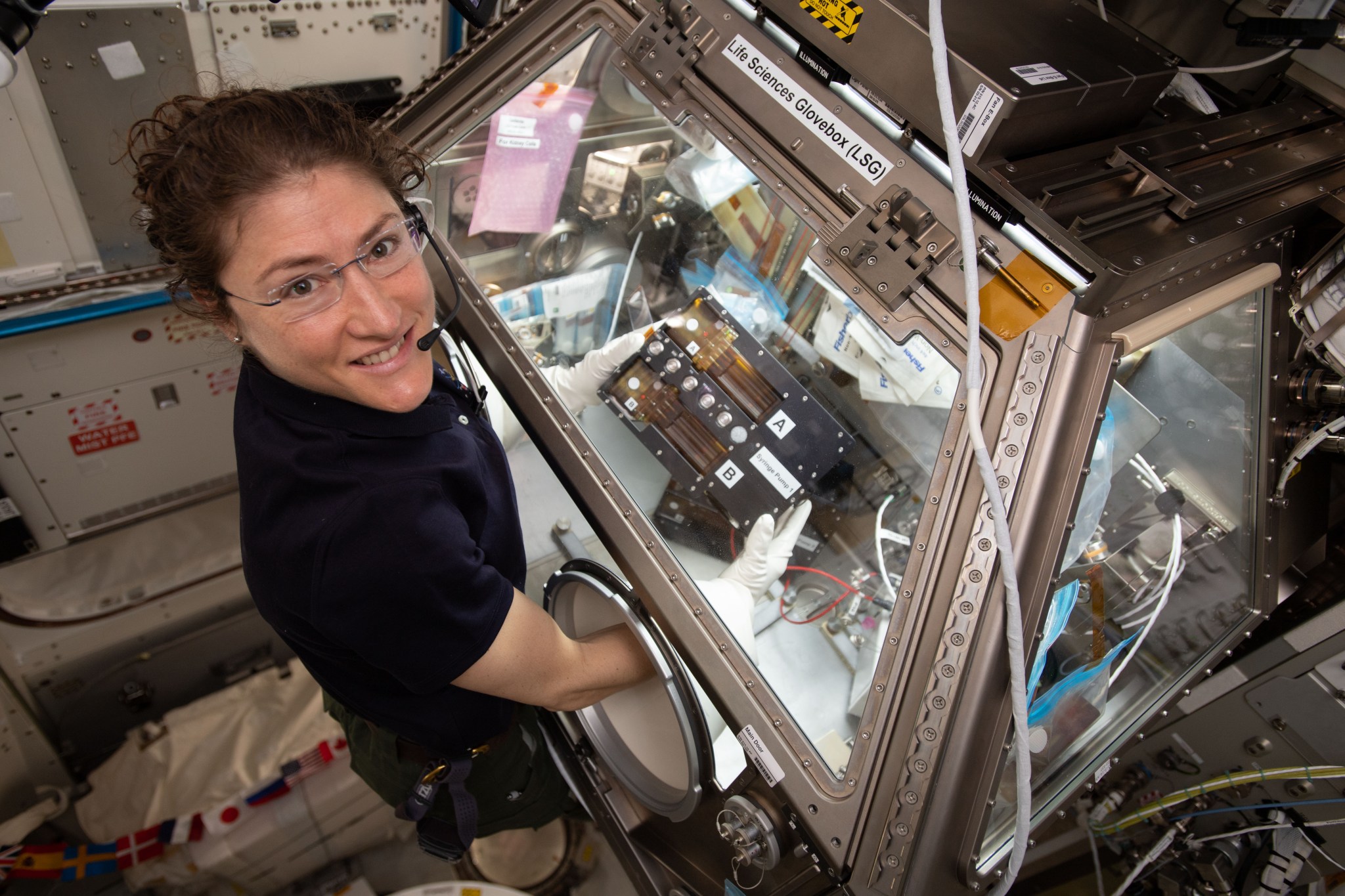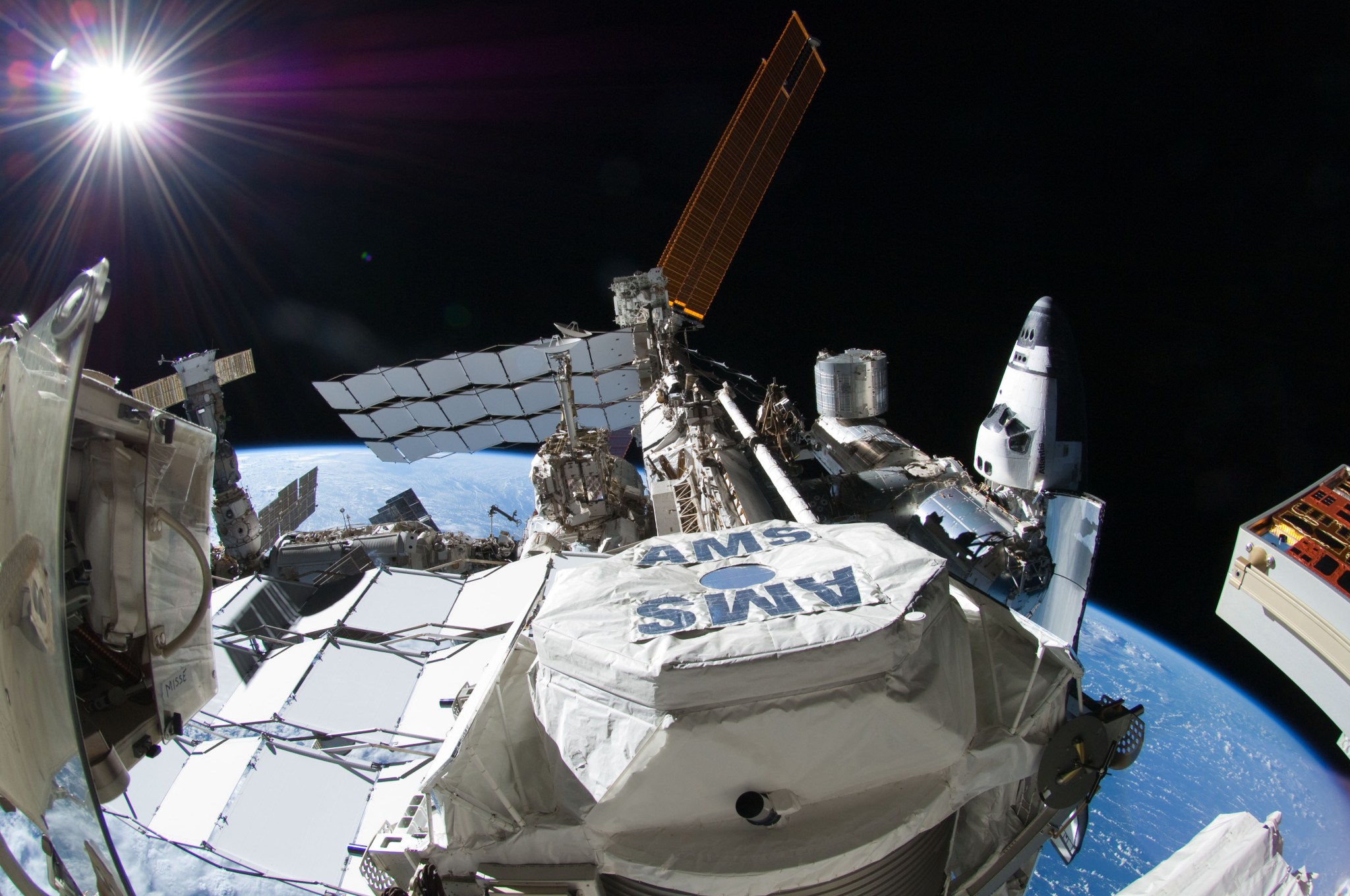Analyses suggest that microgravity does not significantly alter fundamental biochemical pathways in kidney cells, including metabolism of vitamin D. This finding could help researchers develop strategies to protect crew health on future missions and improve treatment of kidney-related diseases on Earth.
Kidney Cells examined the effects of microgravity and other factors of space travel on kidney health. Previous reports suggested that changes in kidney cell metabolism of vitamin D plays a role in bone loss in microgravity, and this paper recommends additional study to determine if this most recent finding is consistent with extended (>6 months) exposure to microgravity.

From cosmic rays collected by AMS-02 (Alpha Magnetic Spectrometer) between May 2011 and April 2021, researchers report precise measurements of the behavior of cosmic deuterons. These data provide important clues in the search for dark matter and understanding of the overall nature of the universe.
AMS-02 is an alpha-magnetic spectrometer that looks for evidence of dark matter. To date, AMS-02 has collected more than 180 billion events of galactic cosmic rays. Hydrogen nuclei, the most abundant type of cosmic rays, consist of two stable isotopes, protons and deuterons, believed to have been generated by the Big Bang.

Researchers identified multiple proteins in rodents that are associated with bone and muscle loss in microgravity. This finding helps researchers understand physiological adaptation to spaceflight.
JAXA's (Japan Aerospace Exploration Agency) Medical Proteomics analyzed changes in protein expression in the blood, bone, and muscles of mice after spaceflight to identify specific proteins related to bone loss. Combined data from the space-flown mice, astronauts, and patients on Earth helps clarify the relationship between bone loss in microgravity and on the ground.






